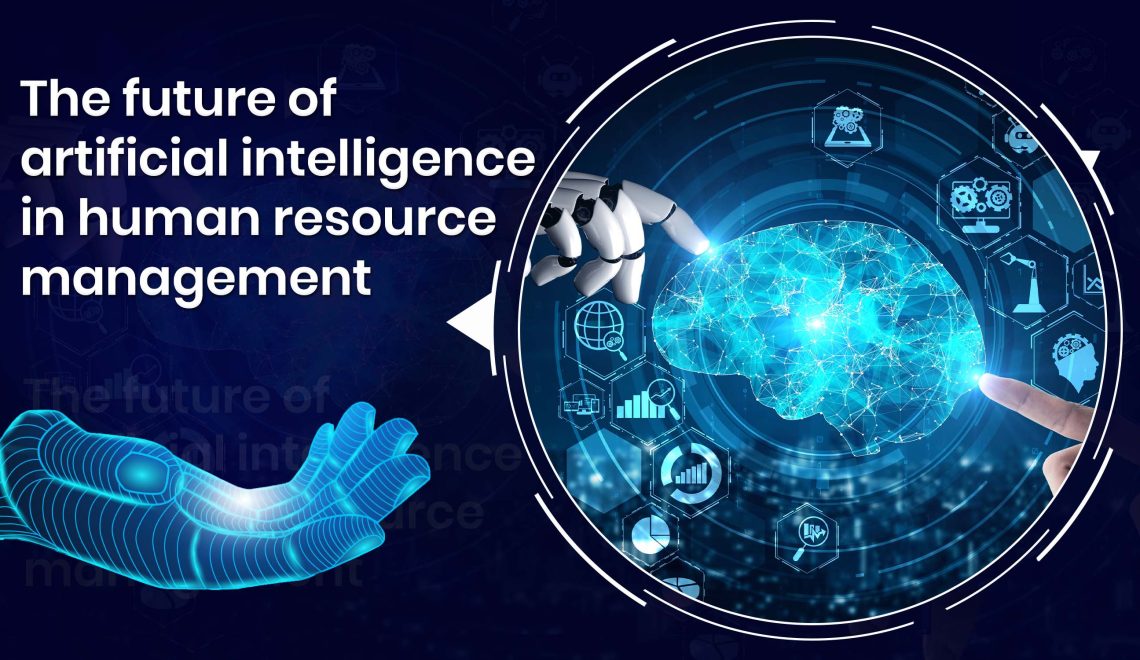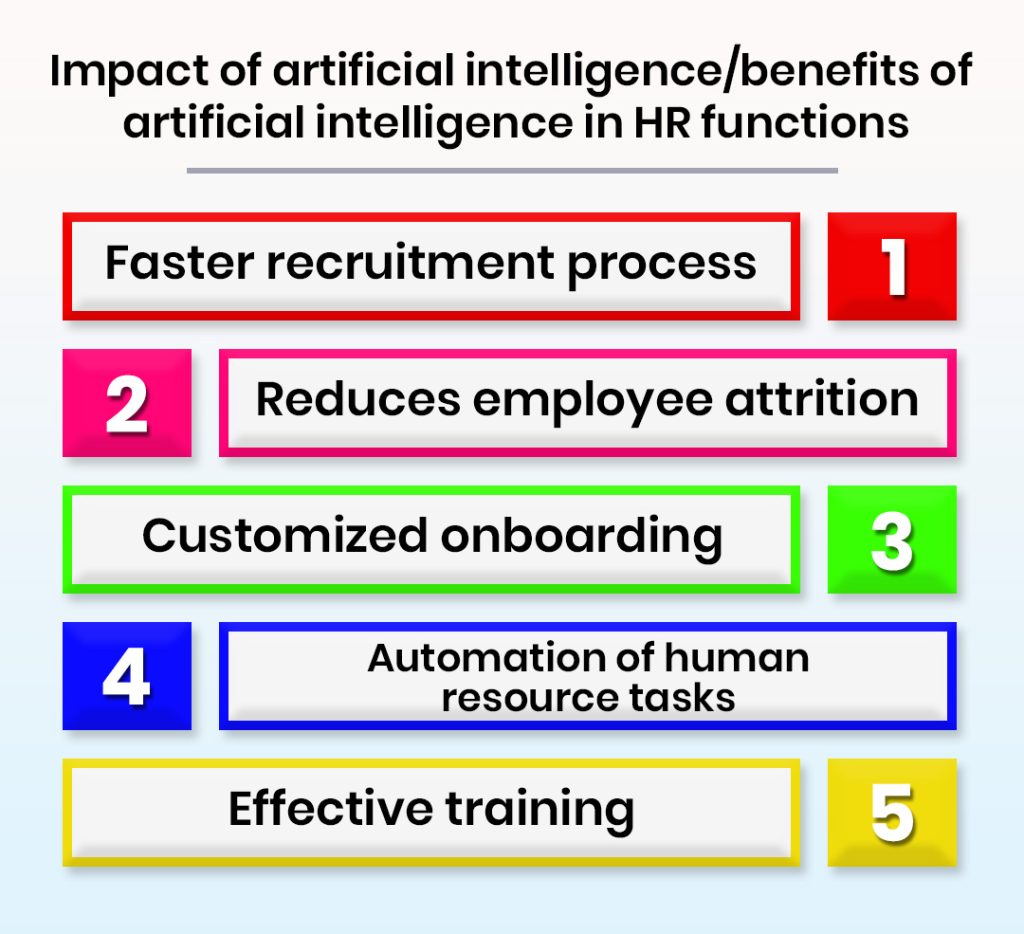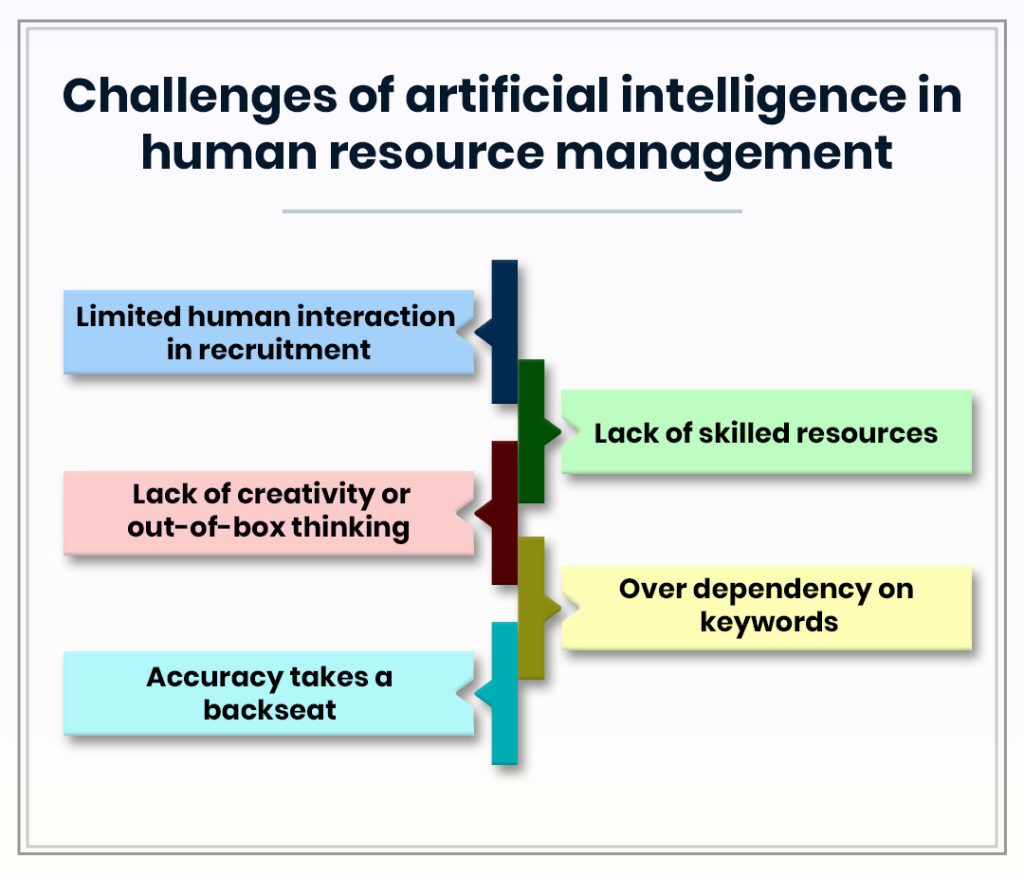
When the Hollywood movie ‘Terminator’ was released in 1984, many wondered whether machines that can think and fight are a real possibility since the idea seemed a far-fetched one.
But today artificial intelligence has become a reality. Machines that can mimic human intelligence and perform most of cognitive functions have arrived and are here to stay.
Artificial intelligence is entering our lives big time. The smart replies that you see when you use Gmail is an example of artificial intelligence. Have you noticed the predictive searches in Google or the product recommendations you get when you visit Amazon? These are all examples of artificial intelligence we come in contact with in our daily lives.
Machines and technology are touching all aspects of the modern world and human resource management need not be left behind. HR processes are becoming increasingly automated and with the introduction of artificial intelligence in human resources one can expect a streamlined and more efficient human resource department.
What is meant by artificial intelligence or AI?
Artificial intelligence simulates human intelligence to create machines that can learn, think, and automate most routine tasks. It has a broad scope and includes concepts such as machine learning, neural networks, image recognition, deep learning, and predictive analytics.
Intelligent machines that can learn and solve problems are the outcome of artificial intelligence. It aims to replicate human abilities of reasoning, learning, and perception in machines.
The business has recognized artificial intelligence as a crucial component for success, and its emergence as a decisive factor in human resources management seems inevitable.
Impact of artificial intelligence/benefits of artificial intelligence in HR functions
Is AI helpful or harmful? Modern-day human resources department runs with the backing of huge volumes of data. Artificial intelligence plays a big role in mining and correlating the data for in-depth insights. Here are the major impacts artificial intelligence could have on human resource functions.

- Faster recruitment process – The process of finding the right candidate is a cumbersome task. With a huge volume of resumes to process and skill sets to match, the HR department can utilize artificial intelligence for automating the tasks involved in the initial screening of the resumes. Basic details like age, sex, location, education, and total experience can be collected by a chatbot, verified, and entered into the system. The HR professionals can focus on the next stages of recruitment which involves a more detailed screening of the candidate.
- Reduces employee attrition – When candidates are matched to the right jobs, it can drastically reduce employee attrition. Machines eliminate human bias from the selection process and help to establish an inclusive workplace. Productivity goes for a drastic increase with the influx of qualified candidates who are the right fit for the job.
- Customized onboarding – The first experience of an employee with the company is onboarding. It plays a vital role in defining the rest of the employee experience. Artificial intelligence can customize the onboarding process for each employee. Briefing about the job profile, providing information about the company, and identifying and resolving the possible issues of the employees can be simplified with artificial intelligence. The onboarding app can take care of all functionalities including document verification.
- Automation of human resource tasks– There are several tasks that are repetitive in nature and take up a huge chunk of the HR professional’s time. Artificial intelligence can automate these tasks including addressing common issues, benefits management, and so on. The valuable time of the HR professionals can be diverted to more productive areas.
- Effective training – Artificial intelligence can help HR to identify the existing skill gaps, evaluate the training needs, and devise suitable training programs. Each employee can be enrolled in training programs that are best suitable for their career development. It can enhance the learning experience in the organization and improve productivity.
Challenges of artificial intelligence in human resource management
Everything has a dark side as well. Artificial intelligence is not without its limitations. Here are some key issues an HR might face by implementing artificial intelligence.

- Limited human interaction in recruitment – Artificial intelligence limits human interaction and makes recruitment more rule-based. It might miss considering the important aspects such as company culture, values, and how the candidate can be a right fit here. Even onboarding would lack the human interaction that is highly essential to make an employee feel welcomed.
- Lack of skilled resources – Most of the time companies find it difficult to implement artificial intelligence. It requires a big change in the existing processes, workflows, and implementation of new software. HR professionals need to upgrade their skills and take up further training to handle artificial intelligence efficiently. Most small to medium organizations find these implementation hurdles difficult to resolve.
- Lack of creativity or out-of-box thinking – Not all processes are based on routine. There could be several instances where decisions need to be taken and depend on flexibility and out-of-box thinking. Machines break down here and result in zero inputs in such scenarios.
- Overdependency on keywords – When resumes are screened through artificial intelligence it usually looks for matching keywords in the resumes. This might pull up a bunch of resumes that are irrelevant to the required job qualifications. Candidates might try to bypass the keyword search though stuffing the keywords in their resume. Artificial intelligence fails in such situations.
- Accuracy takes a backseat – While screening resumes artificial intelligence can easily give inaccurate results. It might rely heavily on formatting or other inputs provided for functioning that is not always relevant to the context. This might lead to in inaccurate results. Assessing the psychological aspects like motivation for the job or personality cannot be done effectively with artificial intelligence.
Final thoughts on the role of artificial intelligence in human resource management
Artificial intelligence has made its inroads into human resource management. What remains to be seen is how far this giant leap of technology can benefit the organization and human resource department. Can human resources harness the power of artificial intelligence to improve productivity and efficiency? Steps to address the implementation hurdles of artificial intelligence in human resource management can ensure a seamless transition to artificial intelligence and reduce the workload of human resource professionals.
What is artificial intelligence in Human Resource Management (HRM)?
Artificial intelligence in HRM gathers a huge volume of vital human data and processes it to transform the operations of the human resource department.
How AI can be incorporated into HR activities?
AI can be incorporated into recruitment, onboarding, training, and automation of administrative tasks.
Can HR be replaced by artificial intelligence?
HR will not be replaced by artificial intelligence. Rather, AI will enhance the efficiency of human resource functions.
How can automation increase the efficiency of HR functions?
Automation frees the HR department from routine manual tasks and allows the human resource executives to focus on the core activities.
What are the biggest challenges for HR in 2023?
Change management, leadership effectiveness, organizational effectiveness, etc are the biggest challenges for HR in 2023.



